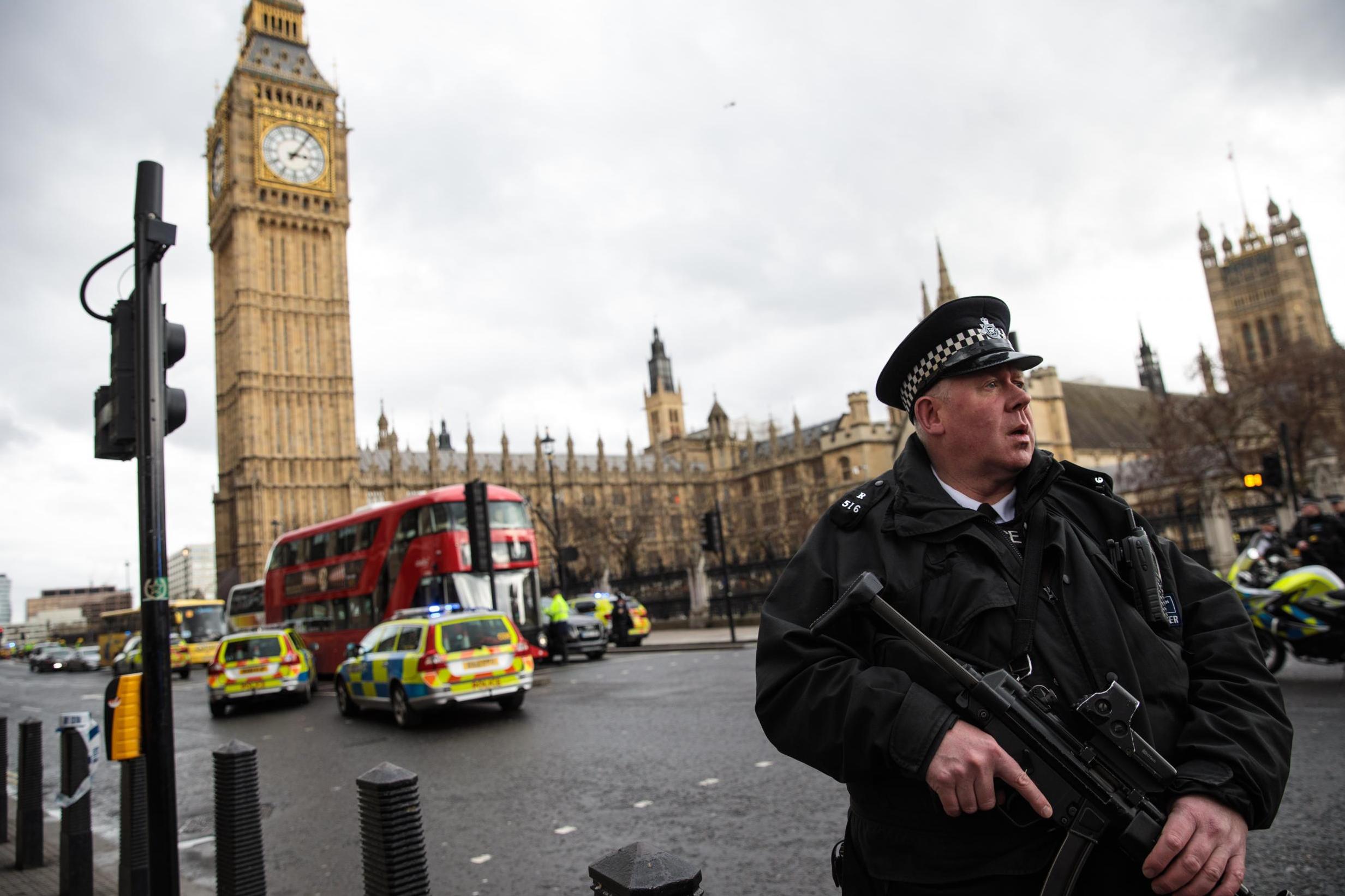Working in Westminster, I always had an escape route planned
Going to work at the heart of our democracy always comes with risks. An older colleague showed me a backstairs way to the basement, down a spiral staircase. After 9/11, I regularly walked through this route in my mind


Your support helps us to tell the story
From reproductive rights to climate change to Big Tech, The Independent is on the ground when the story is developing. Whether it's investigating the financials of Elon Musk's pro-Trump PAC or producing our latest documentary, 'The A Word', which shines a light on the American women fighting for reproductive rights, we know how important it is to parse out the facts from the messaging.
At such a critical moment in US history, we need reporters on the ground. Your donation allows us to keep sending journalists to speak to both sides of the story.
The Independent is trusted by Americans across the entire political spectrum. And unlike many other quality news outlets, we choose not to lock Americans out of our reporting and analysis with paywalls. We believe quality journalism should be available to everyone, paid for by those who can afford it.
Your support makes all the difference.In the Palace of Westminster you are never far away from security. There is a constant reminder that the Houses of Parliament and Big Ben, one of the most recognisable tourist sites in the world, the star of a million holiday selfies, is also a major terrorist target.
From the airport-style security screening to the armed police who discreetly walk the cloistered passageways, it is impossible not to be aware that you are in a building that, as a symbol of both ancient and everyday democracy, the heart of an 800-year-old parliament but also the ordinary place of work for thousands of people, is fiercely protected.
On the day of the 9/11 attacks I was working in the House of Commons, at one point diverting to Whitehall to report on the Foreign Secretary Jack Straw’s response to the atrocity, before returning to the press gallery where I worked until after midnight. It was only on 12 September 2001, sitting back at my desk overlooking New Palace Yard, that I started to think about the very real possibility that we could be next. At the time, after planes had been crashed out of the sky, the fear was of obliteration by calculated terror plots rather than a low-tech, marauding “lone actor” with a knife and a car.
The only way to process this fear is to get on with work and life – and to plan an escape route just in case. An older colleague showed me a backstairs way to the basement, down a spiral staircase, and I regularly walked through this route in my mind.
Over the years, the security barriers became more visible, the checks of passes a little more routine. After the London Underground bombings of 7/7, there were more barriers, higher fences, extra security detail. Throughout all of this, police officers like PC Keith Palmer held the line, the living embodiment of Parliament’s face to the world: open and friendly, happily posing for tourists’ photographs, yet keeping safe the heart of democracy.
When I saw this officer’s picture I instantly recognised him as someone I had seen and said "hello" and "thank you" to countless times over more than 15 years of going through those gates. He will be recognisable to so many others; he is the friendly policeman in many tourist pictures. Knowing that Palmer and his colleagues were always at the gates, standing between us and any potential attacker, meant working in Parliament felt all the more safe. Fear of terror subsided to mere calm awareness. That escape route remained, but only at the back of my mind.
For the police officers who guard us, there is, of course, no escape route.
There is no question of running and hiding. Palmer stepped in the way of the attacker with such an automatic heroism that the Parliament building was never breached. The terrorist did not make it beyond 20 yards inside New Palace Yard thanks to Palmer and the plain clothes armed officers who shot and killed him.
This time around, I was nowhere near Westminster on Wednesday, but I did spent a frantic 10 minutes trying to contact my partner who had texted to say he was just outside the Commons at the time.
The nature of the Houses of Parliament as a prime target means that, even though breaches of security are rare, the police and workers can be prepared. Yet the cowardly actions of this attacker, who drove indiscriminately at the softest of targets on Westminster Bridge – school children grouped together, tourists paying attention to the spectacle of the Houses of Parliament rather than an accelerating vehicle behind them – meant that, for them, any escape route was impossible.
Join our commenting forum
Join thought-provoking conversations, follow other Independent readers and see their replies
Comments